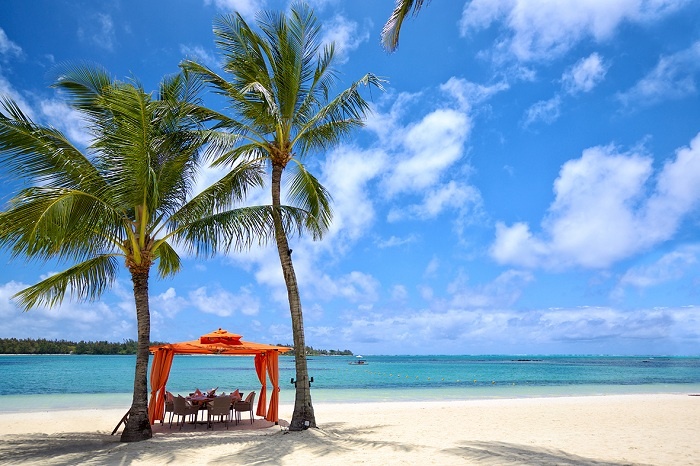
Governments around the world have responded quickly and strongly to mitigate the impact of Covid-19 on their tourism sectors, new research from the World Tourism Organisation (UNWTO) has found.
As many destinations begin to ease restrictions on travel, the specialised United Nations agency has released its first briefing note on tourism and Covid-19, illustrating efforts taken to safeguard jobs and lay the foundations for recovery.
From the start of the current crisis, UNWTO has urged both governments and international organisations to make tourism – a leading employer and pillar of economic growth – a priority.
Research carried out for the note indicates this has been the case.
Of the 220 countries and territories assessed as of May 22nd, 167 have reported taking measures aimed at mitigating the effects of the crisis.
Of these, 144 have adopted fiscal and monetary policies, while 100 have taken specific steps to support jobs and training, both in tourism and other key economic sectors.
UNWTO secretary general, Zurab Pololikashvili, said: “The determination of governments to both support tourism and now restart tourism is testament to the importance of the sector.
“In many countries, particularly in the developing world, tourism is a major supporter of livelihoods and economic growth, and so it is vital that we restart tourism in a timely and responsible manner.”
The determination of governments to both support tourism and now restart tourism is testament to the importance of the sector.
UNWTO found that the most common form of economy-wide stimulus packages adopted by governments focus on fiscal incentives including exemptions or deferrals of taxes (VAT, corporate income tax, etc.), as well as providing emergency economic assistance and relief to businesses through monetary measures such as special credit lines at reduced rates, new loan schemes and state banking guarantees aiming at address liquidity shortage.
These policies are complemented with a third pillar to protect the millions of jobs at risk through flexibility mechanisms put in place in many countries, such as exemption or reduction of social security contributions, wage subsidies or special support mechanisms for self-employed.
Small businesses, which make up 80 per cent of tourism, have received targeted assistance in many countries.
In addition to a general overview, the note takes a closer look at all tourism specific measures implemented by countries and showcases examples of fiscal and monetary measures, initiatives to protect jobs and promote training and skills, market intelligence initiatives and public-private partnerships, as well as restarting tourism policies.
Destinations in Europe have led the way in introducing specific policies to restart tourism.
According to this latest UNWTO research, a third of destinations in the region have introduced tourism-specific policies.
In Asia and the Pacific, a quarter of destinations have adopted restarting tourism policies, while in the Americas this proportion stands at 14 per cent and in Africa at four per cent.
Alongside the measures of individual countries, the note also charts the measures taken by international organisations.
The European Commission, the International Monetary Fund (IMF) and the World Bank have all supported governments, particularly with special mechanisms for loans, as well as with technical assistance and recommendations for recovery.


